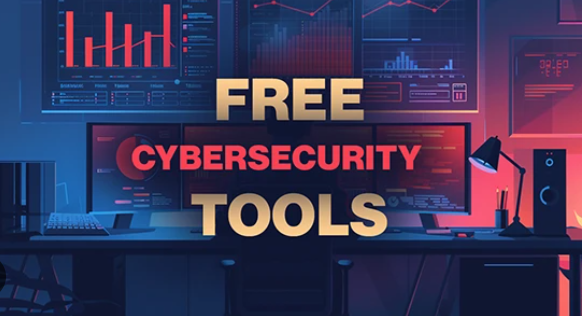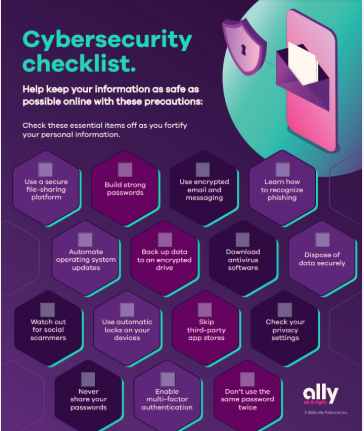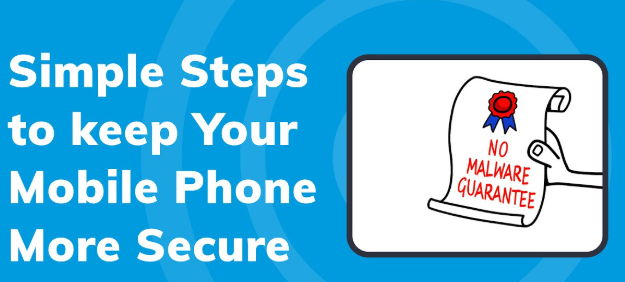
Best Free Cybersecurity Tools for Beginners
In a world full of digital threats, staying safe online doesn’t always require expensive software. There are many powerful and free cybersecurity tools you can use to protect your data, identity, and devices — even if you’re just starting out.
In this episode, let’s explore the must-have tools for every beginner: antivirus software, VPNs, password managers, and secure browser extensions.
Related: 10 Safe Browsing Tips | Protect Yourself Online
1. Antivirus Software
What it does: Scans your system for viruses, malware, and suspicious activity.
Top free options:
- Windows Defender (built into Windows)
- Avast Free Antivirus
- Bitdefender Antivirus Free
Why it matters: Even if you’re careful, threats can slip through via downloads, email attachments, or infected USB drives.
Related: Viruses, Malware, Spyware | What’s the Difference?
2. VPNs (Virtual Private Networks)
What it does: Encrypts your internet connection, hiding your IP address and activity from snoopers — especially useful on public Wi-Fi.
Top free options:
- ProtonVPN (no data limits)
- Windscribe
- TunnelBear
Use cases:
- Secure browsing in cafes or airports
- Bypassing geo-restrictions safely
- Hiding your activity from ISPs or trackers
Learn more: What is Data Encryption? | Locking Your Info with Code
3. Password Managers
What it does: Stores your passwords securely and helps you generate strong, unique ones for every site.
Top free options:
- Bitwarden
- LastPass Free
- NordPass (basic plan)
Why it matters: Reusing passwords across sites is one of the biggest cybersecurity risks. A password manager helps fix that.
Also see: Cybersecurity for Mobile Users | Keep Your Phone Safe
4. Browser Security Extensions
What they do: Enhance your browser with tools that block malicious sites, trackers, and unwanted ads.
Must-try extensions:
- uBlock Origin – blocks ads and tracking scripts
- HTTPS Everywhere – forces secure connections
- Click&Clean – clears cookies and browsing data
- DuckDuckGo Privacy Essentials – tracker blocking and search privacy
These tools work silently in the background to make your online experience safer and smoother.
Related: What is Social Engineering? | Hacking the Human Mind
Final Thoughts
You don’t need to be an expert or spend money to stay secure online. Start with these free cybersecurity tools — they’re beginner-friendly, widely trusted, and offer great protection.
Small steps lead to safer digital habits. 🧩🔒


